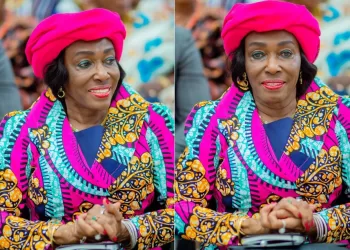Ghana expects to receive a draft term sheet from official creditors later on Tuesday, January 9, 2024, for the restructuring of the country’s $5.4 billion of bilateral debts, Finance Minister Ken Ofori-Atta said.
The term sheet will be sufficient for the West African nation to seek International Monetary Fund board approval later this month for a $600 million disbursement under its $3 billion extended credit facility programme, the minister said by phone from Accra, the capital. The IMF board is scheduled to meet on January 18, 2024.
“We are receiving the draft term sheet today so I think we are about done,” Ofori-Atta said. “We will look into the details, but then it’s good enough for the IMF to continue with their work, so we’re in good shape.”
Ghana’s dollar bonds maturing in 2027 rose 1.3% to 43.88 cents on the dollar after the news that the country will get term sheets later on Tuesday. Notes maturing in 2032 advanced 1.4% to 42.73 cents on the dollar.
Ghana embarked on restructuring most of its public debt in December 2022. The country has been in talks to revamp the bilateral portion of obligations through the Group of 20’s Common Framework for debt treatment.
A memorandum of understanding with the Paris Club Group of creditors and new ones including China could also unlock $550 million of additional funding from the World Bank by the end of February, Ofori-Atta said last week.
Public debt — excluding loans to state-owned enterprises — eased to 66.4% of GDP at the end of September 2023, helped by the completion of a domestic debt reorganization. Those investors mainly suffered interest-rate cuts when they swapped about ¢126 billion ($10.5 billion) of domestic debt last year.
Ghana’s debt reorganization efforts using the Common Framework follow those of Zambia, which reached a memorandum of understanding with its official creditors on debt relief in October but has struggled to conclude a workout with eurobond investors.
A key sticking point for Zambia has been how to measure “comparable treatment” between official and commercial creditors, a guiding principle of the framework.
Ghana, which halted payments on most of its external debt just over a year ago, had proposed as much as a 40% nominal haircut in October for commercial creditors, which includes $13 billion of eurobonds.


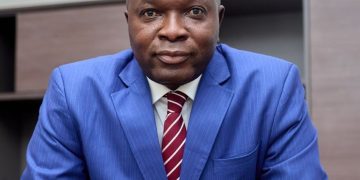
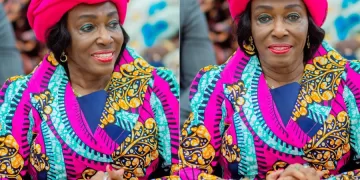

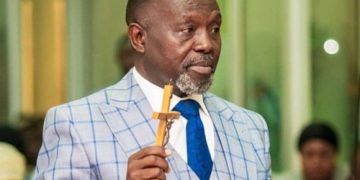
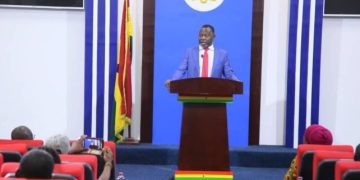

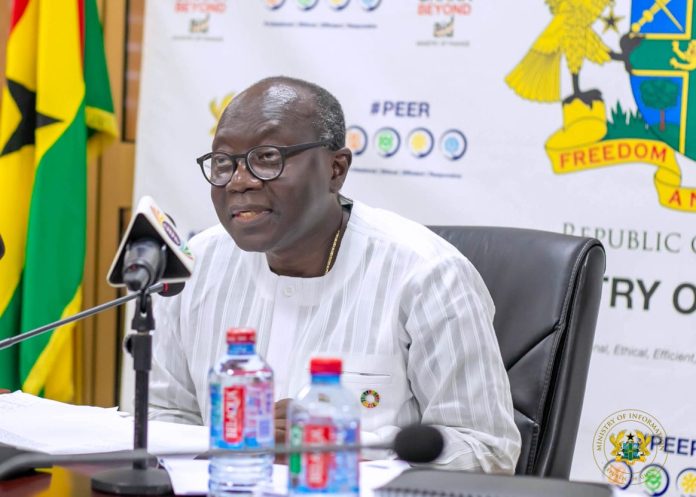




![Akufo-Addo addresses 66th Independence parade [Check his full speech]](https://newstitbits.com/wp-content/uploads/2023/03/Akufo-Addo-jpg.webp)



